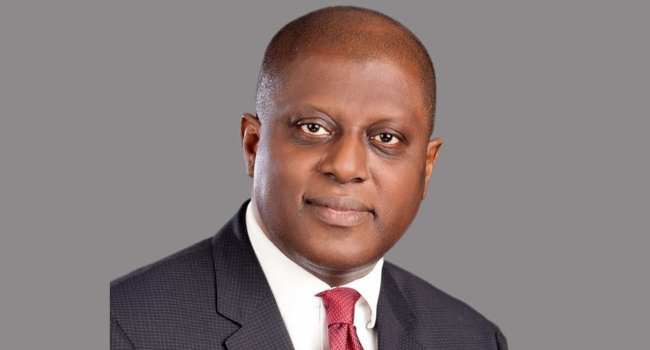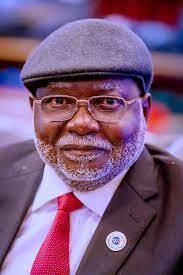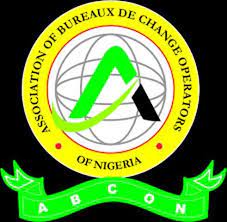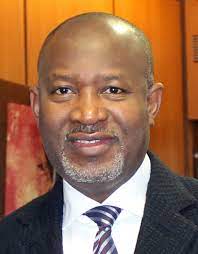Abuja, March 26, 2024 – The Central Bank of Nigeria (CBN) has raised the Monetary Policy Rate (MPR) from 22.75% to 24.75%.
It also tinkered with the Cash Reserve Ratio (CRR) for commercial bank at 45%, while the CRR for merchant banks was raised from 10% to 14%.
The liquidity ratio is retained at 13%.
The CBN announced these decisions at the end of the 294th meeting of its Monetary Policy Committee (MPC) in Abuja on Tuesday.
Yemi Cardoso, the CBN Governor, who is also the Chairman of the MPC, said the decisions were in furtherance of commitment of the committee to curbing inflation and restoring the value of the naira.
The increase in the MPR has been a contentious issue since its last hike to 22.75% at the February meeting of the MPC.
While some experts agreed with the decision of the MPC to raise the MPR, others did not, contending that the hike would further worsen the economic situation.
The MPR is the nominal anchor of banks’ lending rates. With the hike in the rate, lending rates are expected to rise in tandem, making it costlier to borrow from the banks
This reduces money in circulation, which in turn reduces spending and ultimately checks the inflationary growth.
The country’s headline inflation rose to 29.90% in January 2024 from 28.92% in December, according to the National Bureau of Statistics (NBS).
Some experts, who supported the CBN decision, have even suggested a further hike of the MPR rate given the inflation rate which has remained untamable.
The experts have suggested a further hike in the rate by at least 200 basis point which is in tandem with the new decision of the apex bank
The International Monetary Fund (IMF) also commended the decision of the CBN in hiking the MPR to tame rising inflationary trend in the country.
The IMF gave its endorsement after the conclusion of its 2024 Article IV Mission to Nigeria in March.
Axel Schimmelpfennig, its Mission Chief for Nigeria, said the team welcomed the Monetary Policy Committee (MPC)’s decision to further tighten monetary policy stance.
“Nigeria’s economy has faced various challenges in recent times, including high inflation, currency depreciation, and fiscal pressures.
“The policy rate hike is expected to have ripple effects across the economy, impacting borrowing costs, investment decisions, and overall economic activity
“This decision should help contain inflation, which reached 29.9 per cent year-on-year in January 2024, and pressures on the naira,” Schimmelpfennig had said. (GBN)





